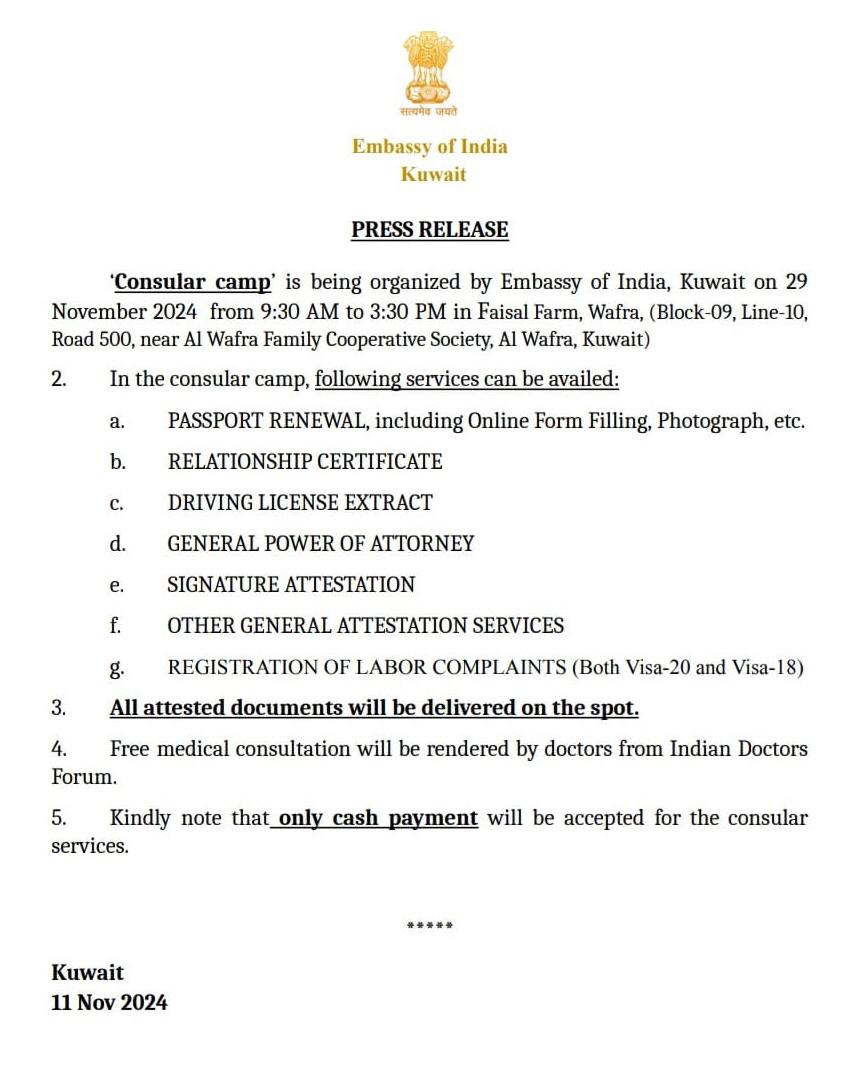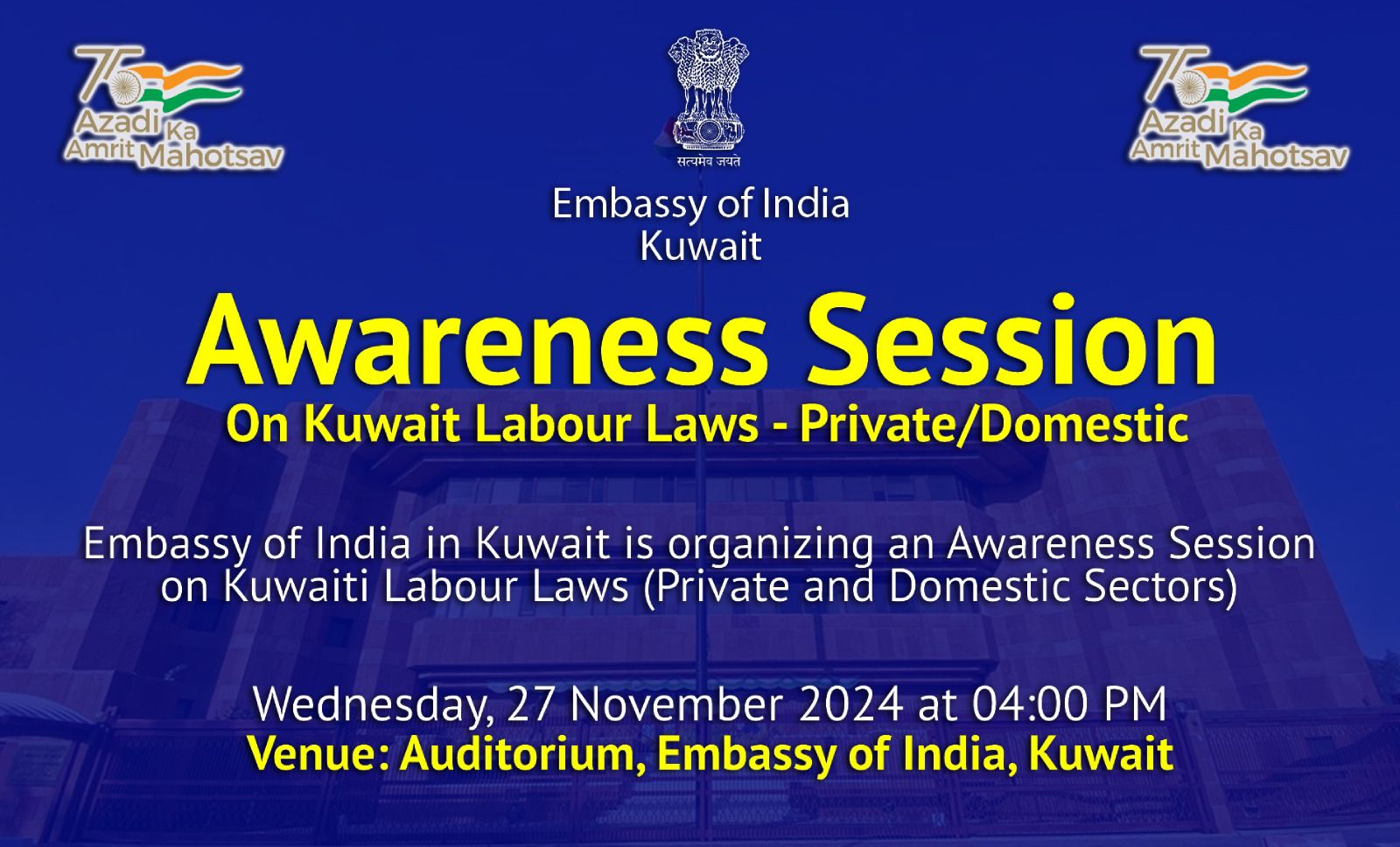Amiri Decree 114/2024, issued on Thursday, introduces significant reforms to Kuwait's foreign residency laws. This decree, consisting of 36 articles across seven chapters, updates the previous decree 17/1959, which had been in effect for over six decades. These changes aim to address gaps in the law and respond to evolving challenges in residency and immigration policies in Kuwait.
Chapter 1: Entry Regulations for Foreigners
The first chapter of the decree focuses on the entry of foreigners into Kuwait. The law specifies that all foreign nationals must possess a valid passport or equivalent documentation issued by their home country for entry and exit. However, GCC citizens are exempted from the passport requirement and may use personal identification cards based on agreements between Kuwait and other GCC countries.
Additionally, foreigners are required to enter and exit Kuwait through designated ports specified by the Ministry of Interior.
Chapter 2: Residency for Children Born in Kuwait
Chapter two establishes rules for residency for foreign-born children in Kuwait. It mandates that parents must notify the authorities within four months of their child’s birth, submitting the child's passport or travel documentation to obtain residency papers or a leave deadline.
Chapter 3: Residency Permits for Foreigners
The third chapter focuses on residency permits for foreigners. To reside in Kuwait, non-Kuwaiti individuals must apply for residency permits from the Ministry of Interior. Kuwaiti citizens may also request residency permits for their non-Kuwaiti spouses and children, with certain exceptions outlined in previous laws, such as for women who acquire citizenship through marriage.
Moreover, foreigners on visit visas must depart Kuwait within three months unless they secure residency.
Chapter 4: Penalties for Residency Trafficking
Chapter four lays out penalties for residency trafficking and related crimes. The decree imposes severe penalties for individuals involved in illegal residency practices, reinforcing Kuwait's stance against trafficking in residency permits.
Chapter 5: Deportation and Eviction Rules
The fifth chapter addresses the deportation and eviction of foreigners. The Minister of Interior is empowered to order the deportation of any foreigner, even if they hold a valid residence permit, under specific circumstances. Foreigners subject to deportation can be detained for up to 30 days, with the possibility of extension.
Employers are required to bear the cost of deportation for employees and those they harbor, reinforcing accountability for the presence of foreigners in Kuwait.
Chapter 6: Violations and Penalties
Chapter six details the penalties for violating residency laws. The Public Prosecution has exclusive authority to investigate and prosecute those involved in residency trafficking. The chapter also includes provisions for reconciling minor violations, where reconciliation may be permitted based on specific conditions.
Chapter 7: General Provisions and Exceptions
Chapter seven includes various general provisions and exceptions. Certain individuals are exempt from the law, such as heads of state, diplomats, and those holding political or diplomatic passports, depending on reciprocal agreements. The chapter also outlines the continuation of regulations under Amiri Decree No. 17/1959 until the new regulations are implemented within six months.






